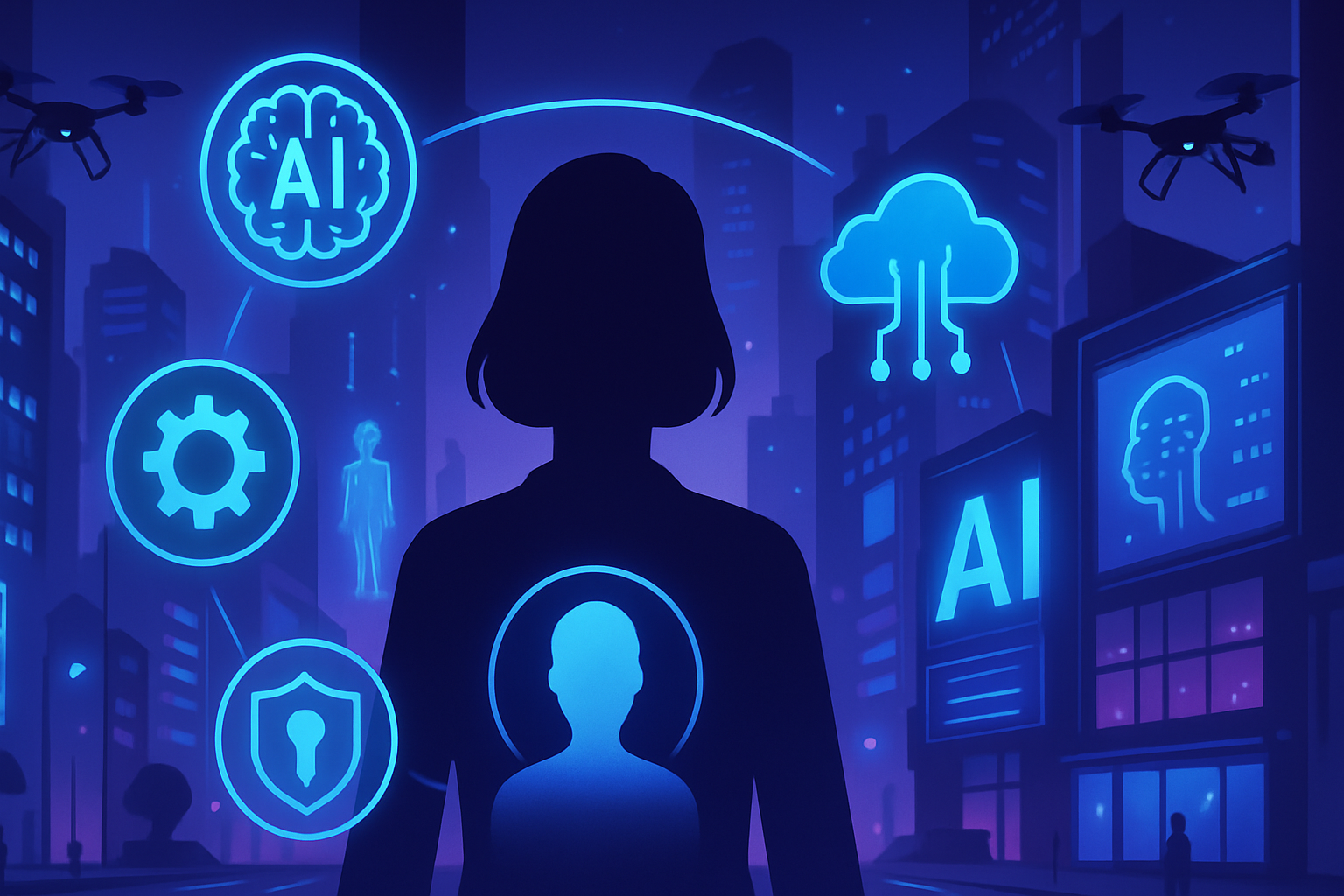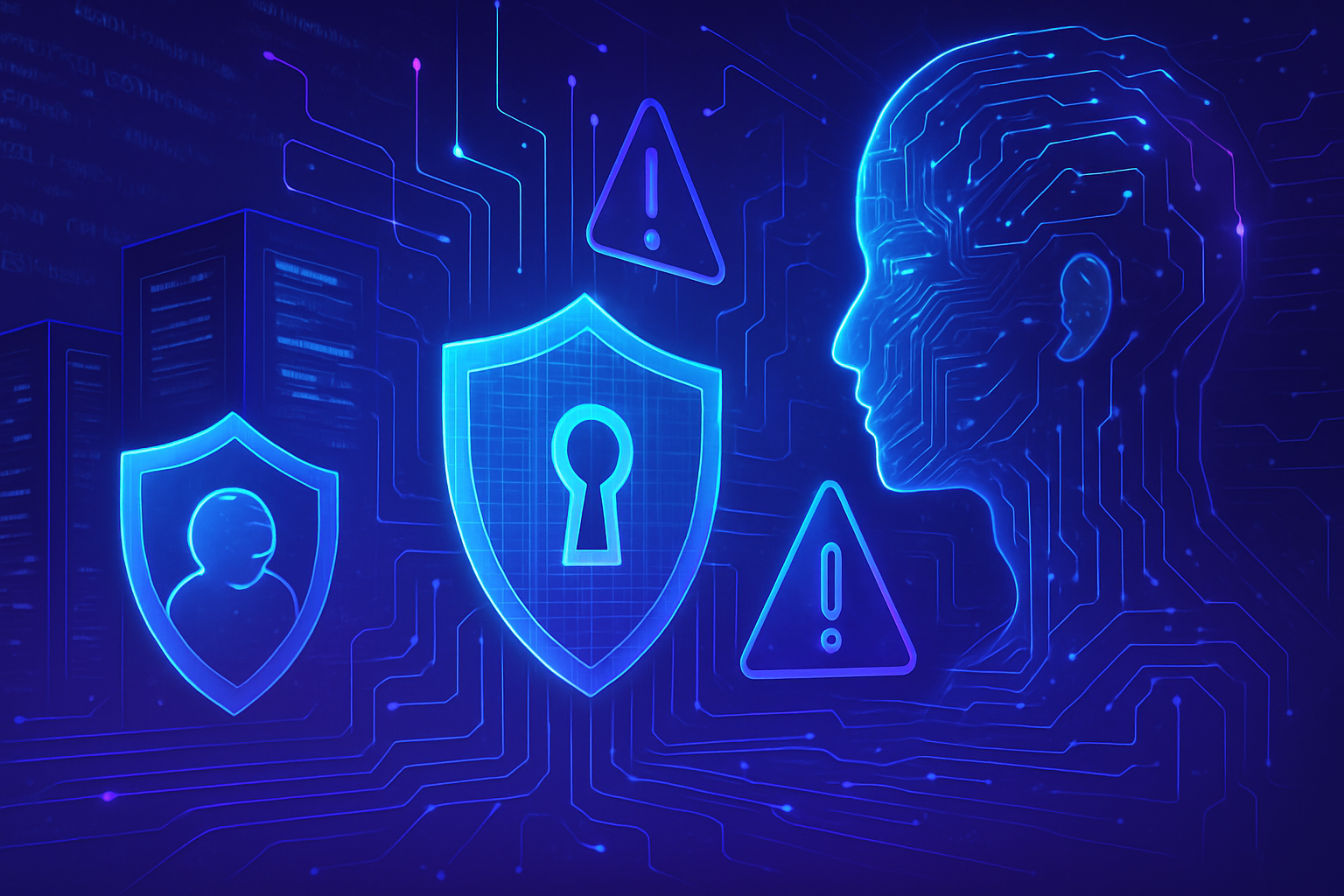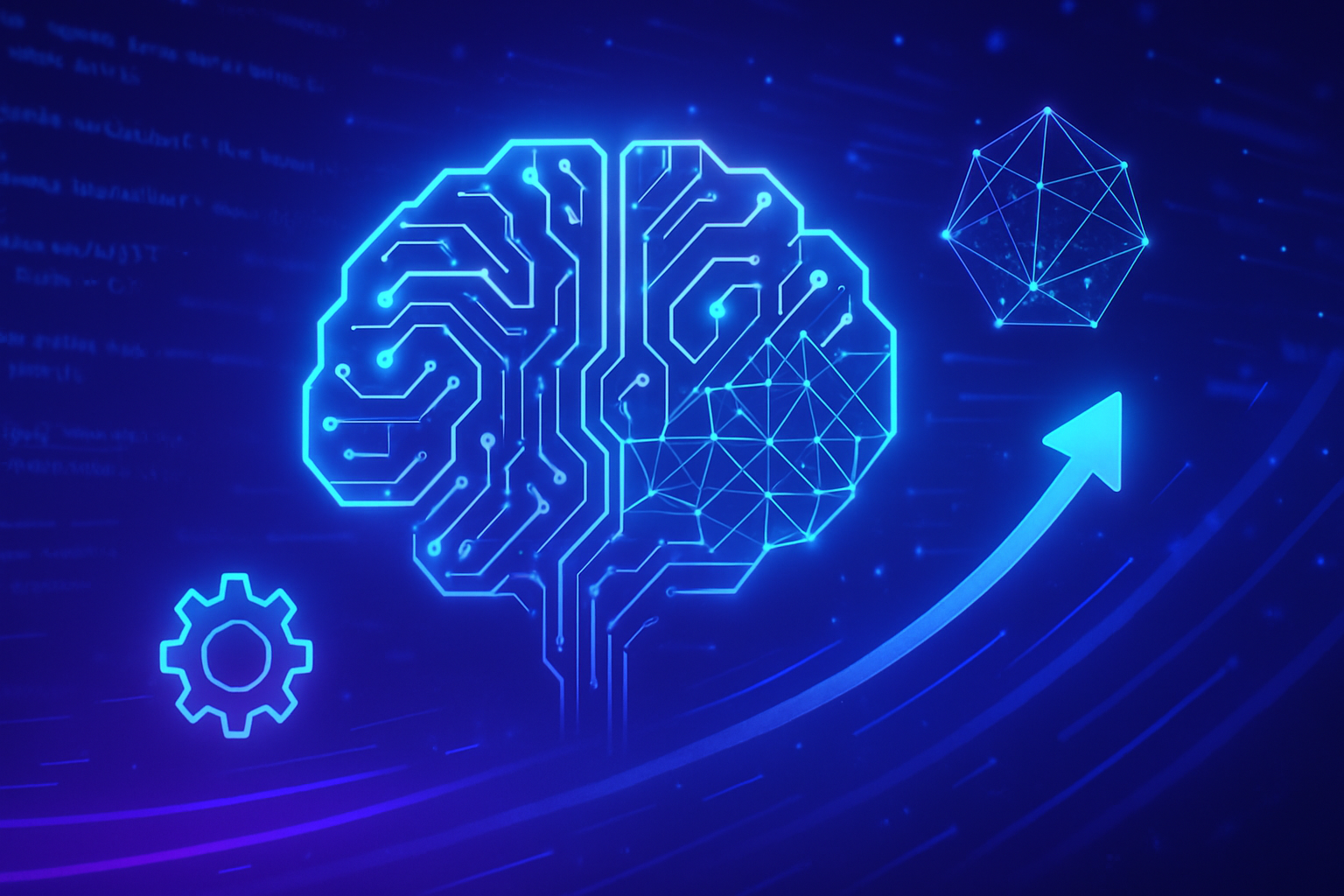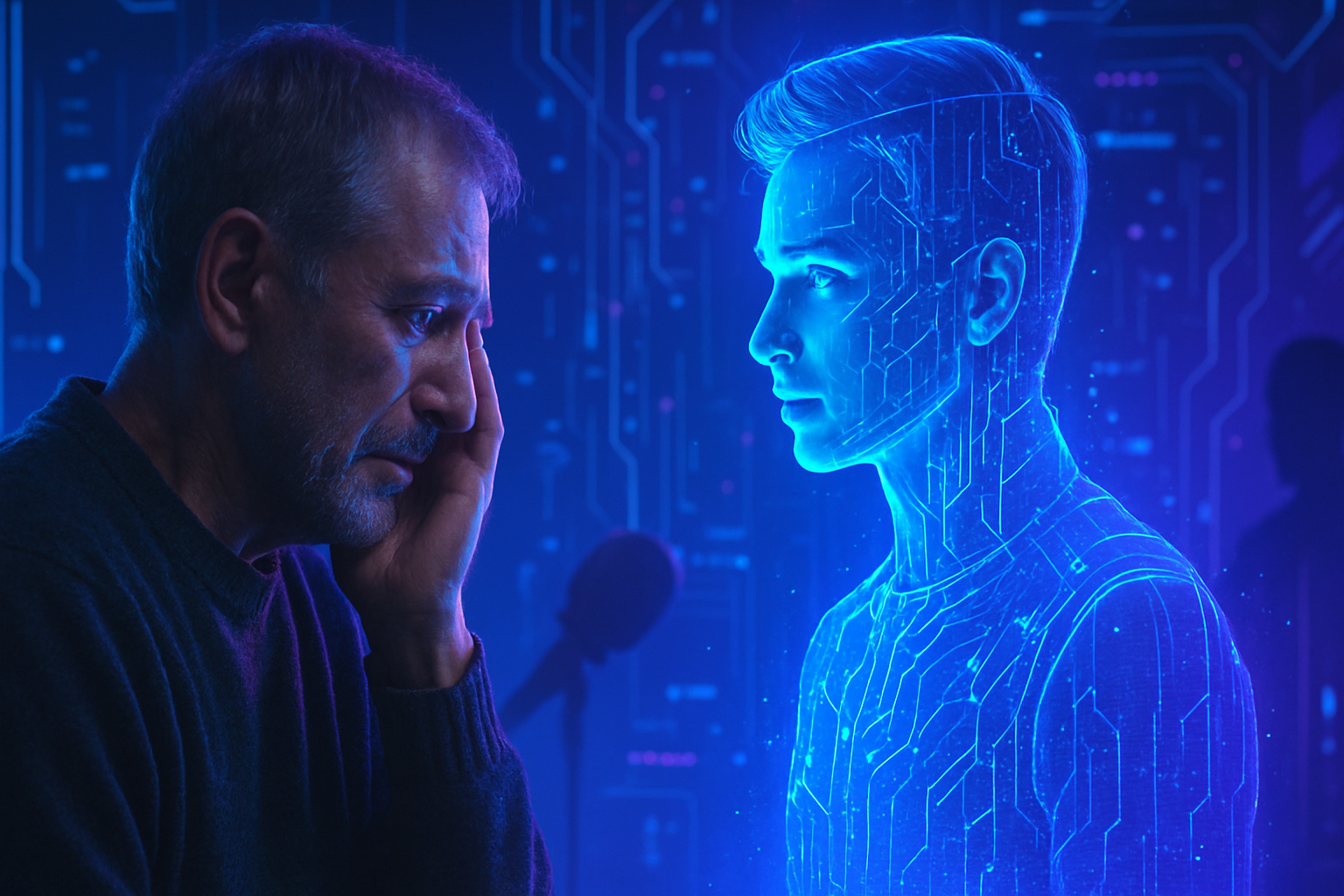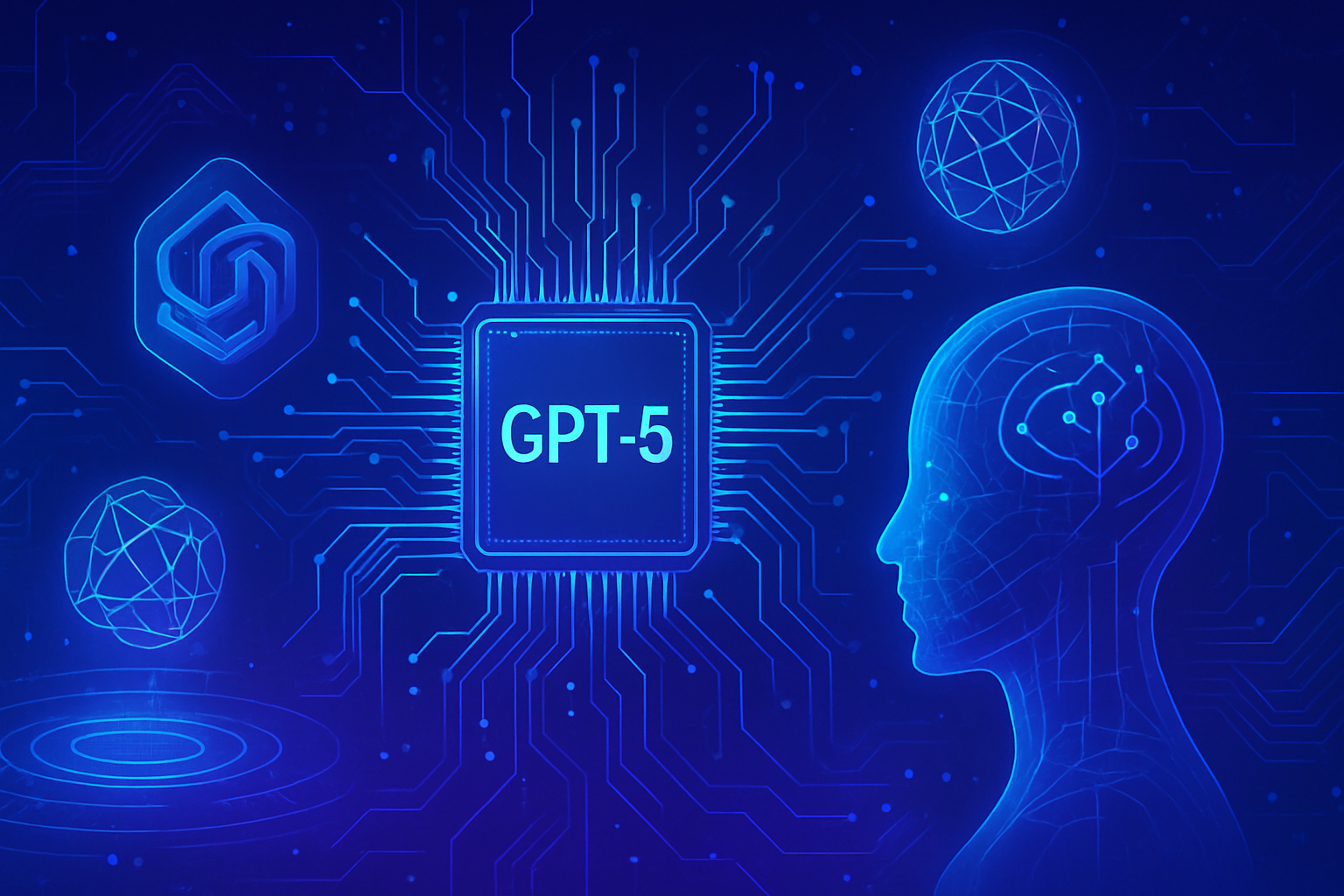The rapid ascent of artificial intelligence raises unprecedented issues in our society. Suvianna Grecu, a prominent figure in technological ethics, warns of the consequences of a hasty deployment without appropriate regulations. This phenomenon could lead to a *crisis of trust*, erasing the distinction between progress and potential dangers.
The mechanization of decisions affects crucial areas: employment, health, justice. Beyond technical performance, the lack of rigorous governance foreshadows a future where AI could “automate harms on a large scale.” Cultivating a real ethic requires immediate accountability to prevent a drift, where artificial intelligence could become a vehicle for injustices rather than a driver of progress.
The issues of AI in light of the speed of deployment
The frantic quest to deploy artificial intelligence worldwide raises growing ethical concerns. Suvianna Grecu, founder of the AI for Change Foundation, emphasizes that prioritizing speed over safety exposes society to a risk of crisis of trust. Without strong and immediate regulation, the current trend could lead to “automation of harm on a large scale.”
The consequences of a lack of structure
Grecu draws attention to the inadequacy between the integration of AI systems in critical sectors and the absence of rigorous structures. While these systems make determining decisions, whether regarding job candidate selection or credit ratings, tests against biases remain insufficient. The problem lies not only in the technology itself but in its deployment.
Responsibility and ethics in the field of AI
Within many organizations, AI ethics often limits itself to theoretical principles, disconnected from operational realities. Grecu claims that true responsibility manifests when individuals are genuinely held accountable for outcomes. This gap between intention and implementation poses a major peril.
A transition to concrete actions
Grecu’s foundation is committed to materializing ethical principles into clear development workflows. This includes the formulation of design check-lists, mandatory risk assessments prior to deployment, as well as multidisciplinary review committees. Bringing legal, technical, and policy teams together is essential to ensure a holistic approach to ethics.
A necessary collaborative model
Grecu argues that the responsibility of oversight cannot rest solely on governments or industry. She advocates for a collaborative model, stating that governments must establish minimum legal standards. Regulation plays a fundamental role, but the industry possesses the agility needed to go beyond mere compliance.
Businesses must position themselves as designers of advanced auditing tools while innovating. This dual responsibility prevents the strangulation of innovation on one side and the abuse of power on the other.
The impact of AI systems on human values
Emotional manipulation is one of the long-term risks often overlooked. Grecu advocates for ensuring that AI systems are oriented towards human values. This technology does not reflect reality but the data and objectives we integrate into it. Without thoughtful intervention, AI will optimize criteria such as efficiency and profit, neglecting justice, dignity, and democracy.
An opportunity for Europe
For Europe, this phenomenon represents a relevant opportunity to protect and incorporate its fundamental values. The aspiration to prioritize human rights, transparency, sustainability, inclusion, and equity at every level of policy, design, and deployment is imperative. Grecu advocates for active control over the technological narrative to guide its impact on society.
The future of AI under debate
Through public workshops and at the AI & Big Data Expo Europe, Grecu is committed to building a coalition to guide the evolution of AI. The challenge lies in strengthening trust while placing humanity at the heart of this transformation.
To deepen the reflection on the subject and the various issues, several studies have been conducted. For example, a recent study reveals that a third of British companies are exposed to AI risks, thereby silencing the real dangers at play.
As litigation cases emerge, such as the lawsuit filed by Disney and Universal against an AI image creator, concerns about technology abuse grow.
Debates surrounding regulation are intensifying within political bodies, as evidenced by the article on Europe aspiring to regulate AI. The collective awareness raises major ethical questions, and it becomes urgent to create a legal framework to avoid potential drifts.
Finally, several experts are questioning the growth of AI and its implications for global energy. This growing inquiry into the sustainability and ecological consequences of emerging technologies must be at the heart of future discussions.
Frequently asked questions about Suvianna Grecu and AI for Change
What are the main ethical concerns raised by Suvianna Grecu regarding AI?
Suvianna Grecu highlights that without effective governance, AI could cause large-scale harm. She insists that the real threat does not come from the technology itself, but from the lack of appropriate structures and regulations for its deployment.
What mechanisms does Suvianna Grecu propose to improve AI governance?
Grecu advocates for the integration of ethical considerations into development workflows, through practical tools such as design check-lists, risk assessments prior to deployment, and review committees involving legal, technical, and policy teams.
How can AI influence decisions in critical areas such as justice or health?
Powerful AI systems make important decisions on vital issues like job applications or healthcare, often without adequate bias testing or considerations of their long-term social impact.
Why does Suvianna Grecu speak of a risk of automating harm?
She warns that without sufficiently strict regulation, AI could exacerbate existing injustices and create new biases, thereby causing significant damage to society.
What role should governments play in regulating AI according to Suvianna Grecu?
Grecu asserts that governments must set legal limits and minimum standards, especially regarding human rights. Regulation is necessary to ensure a protection framework for citizens.
How can businesses participate in creating ethical AI?
Businesses must innovate beyond mere regulatory compliance, developing advanced auditing tools and establishing safeguards that ensure responsible use of AI.
Why is it crucial to promote fundamental values in AI development?
Suvianna Grecu argues that AI is not neutral and must be built with intentional values. Without this, it risks prioritizing metrics like efficiency and profit, to the detriment of justice, dignity, or democracy.
How can we ensure that AI aligns with European values?
It is essential to integrate values such as human rights, transparency, and inclusiveness at every level, from policy to design and deployment of AI.
What is Suvianna Grecu’s vision for the future of AI?
Grecu calls for taking control of AI development and shaping its potential impact on societies, ensuring that it serves humanity rather than just commercial interests.
